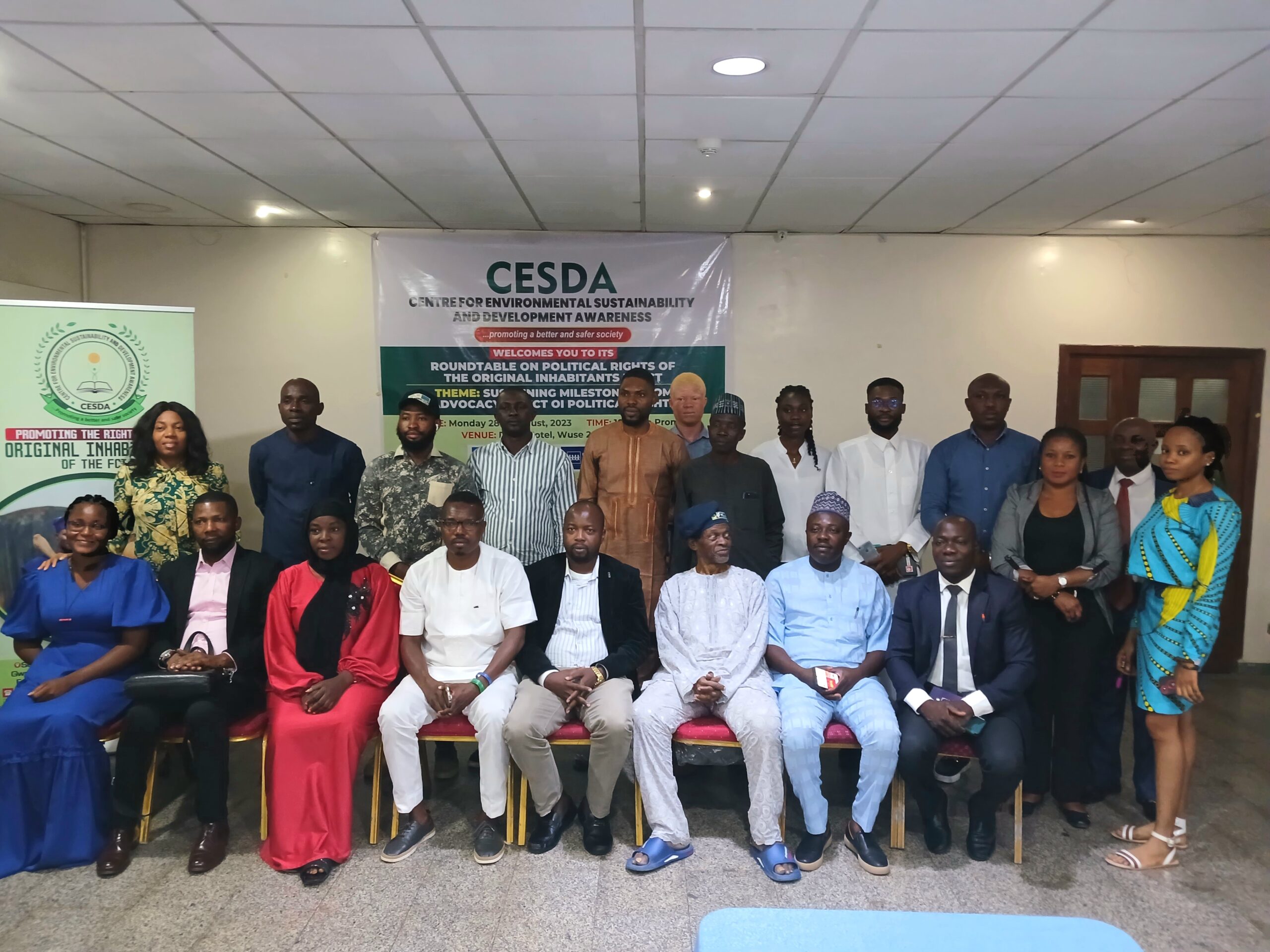At a recent gathering of stakeholders, including civil society organisations and policy makers, the issue of the continent’s debt burden formed the core of the conversation. The event was the Third African Conference on Debt and Development, which took place in Dakar, Senegal. Participants from various African countries painted a stark picture of the challenges posed by their escalating debt burdens which today is estimated at over 700 Billion Dollars.
Representatives from Kenya, Senegal, Ethiopia, Ghana, and Nigeria converged to shed light on how the twin crises of the COVID-19 pandemic and the Russian-Ukrainian conflict have aggravated their debt predicaments.
The common thread among these nations was the debilitating impact of debt on their development aspirations. Scarce resources that should be used to pay for much-needed development projects have been siphoned off to service burgeoning debts, leaving their economies in distress and their citizens burdened.
A particularly disturbing issue discussed at the conference was the nature of Special Drawing Rights (SDRs), which have become a double-edged sword for African nations. While SDRs were designed as short-term liquidity support, not every country has been able to access these funds effectively, deepening their financial woes. In response to these dire circumstances, participants proposed a framework aptly summarized as the “Three Rs”: Rethink, Reimagine, and Remobilize, with the African Union (AU) taking a central role in debt management.
Participants at the conference, including the Africa Network for Environment and Economic Justice (ANEEJ) emphasized the need to reconsider the terms of debt and loans, while evaluating the national capacity to take on such financial obligations. This strategic shift aims to ensure that borrowed funds genuinely contribute to a nation’s development.
One key focus was the importance of fostering unity among African nations to negotiate with private creditors and bondholders more effectively. The point was canvassed that Africa, as a united force, can push the boundaries in dealing with private creditors and safeguard its interests.
The framework explored at the conference suggests setting a debt convergence limit at 50percent of GDP, providing a guideline for responsible borrowing.
READ ALSO: The Left, International Solidarity, And Unfolding Epidemic of Coups in Africa
Additionally, the establishment of the African Advisory Council (AAC) was discussed to bolster regional oversight mechanisms.
One of the pressing issues addressed was the ownership and financing of the AU, which plays a pivotal role in overseeing debt-related matters. Speakers at the conference noted the necessity of clarifying the AU’s authority and criteria for managing debts, as well as its relationship with the G20.
Furthermore, the conference delved into the challenges posed by private creditors and bondholders. It highlighted the need for a legal framework to govern syndicate loans and called for pursuing interest-free loans while emphasizing the crucial role of civil society in advocating for responsible borrowing and lending practices.
Governance and leadership deficits were also brought to the forefront of discussions, with participants urging leaders to acknowledge the debt-related challenges and prioritize prudent debt management. They emphasized the importance of integrating debt management into the broader African development agenda outlined in Agenda 2063. In an effort to enhance accountability and participation, participants called for the ratification of the AU’s oversight mechanisms by citizens of each country. This move seeks to empower the people and ensure that decisions affecting their nations’ financial futures are made transparently.
As African nations grapple with the ever-mounting debt burden, the “Three Rs” framework and the resolutions from the conference serve as a beacon of hope. They provide a comprehensive roadmap for African nations to navigate these challenges, fostering sustainable development and economic growth while safeguarding their financial stability. In unity and strategic thinking, African nations aim to reshape their future, placing them on a path towards prosperity and self-reliance.























